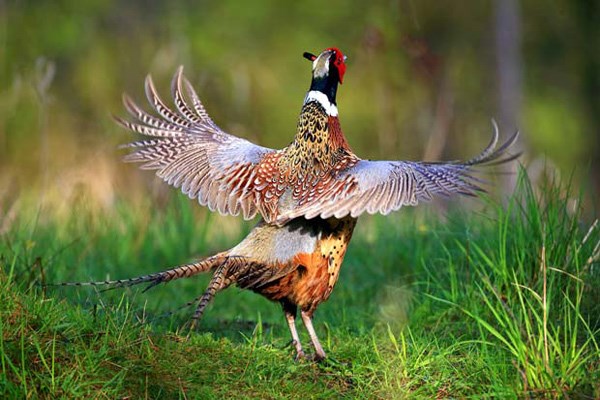The City of Burnaby has decided not to restock the pheasant population at Deer Lake, despite concerns from a local resident that their numbers are dwindling.
The resident, who did not wish to be interviewed on the record, approached the city, concerned that the ring-necked pheasants at the lake were dying out. The resident told the NOW that she thinks off-leash dogs are the problem, and that in the past, she helped release female pheasants at Deer Lake to help bolster their numbers.
But environmental technician Melinda Yong said the city had no plans to interfere with the lake’s pheasants.
“It’s a city park, and we do manage it in a conservation style,” Yong said. “We do take a hands-off approach.”
Yong said she consulted with the B.C. Environment Ministry, which advised against restocking the pheasants, as they are a non-native species. According to Yong, the Environment Ministry said that there is some evidence that pheasants may eat reptiles – baby snakes, in particular – and therefore, they may pose a threat to the Western painted turtle, an endangered species found at Deer Lake.
“We are definitely more concerned about the Western painted turtle. They are a species at risk,” Yong said.
The city also consulted with local bird expert George Clulow, who participates in an annual census of winter birds, and he said there was no indication the number is decreasing.
“There’s no real clear pattern they are declining. They are a smallish population. I don’t know, you would have to do a census to ensure (the resident’s) observations are correct, and it’s not an easy thing to do,” he said.
Furthermore, he also pointed out that the ring-necked pheasant is a non-native Asiatic species that was introduced to North America by hunters. “There were some old hunters in the area, who were releasing pheasants in (Deer Lake) park, because they liked to have birds around that they used to hunt,” Clulow said. “And the city turned a blind eye to that.
“They are not forbidding the release of these birds, because hunters continue to do this, but on the other hand, there’s no requirement for them to protect the bird, because they are a non native,” he added.



